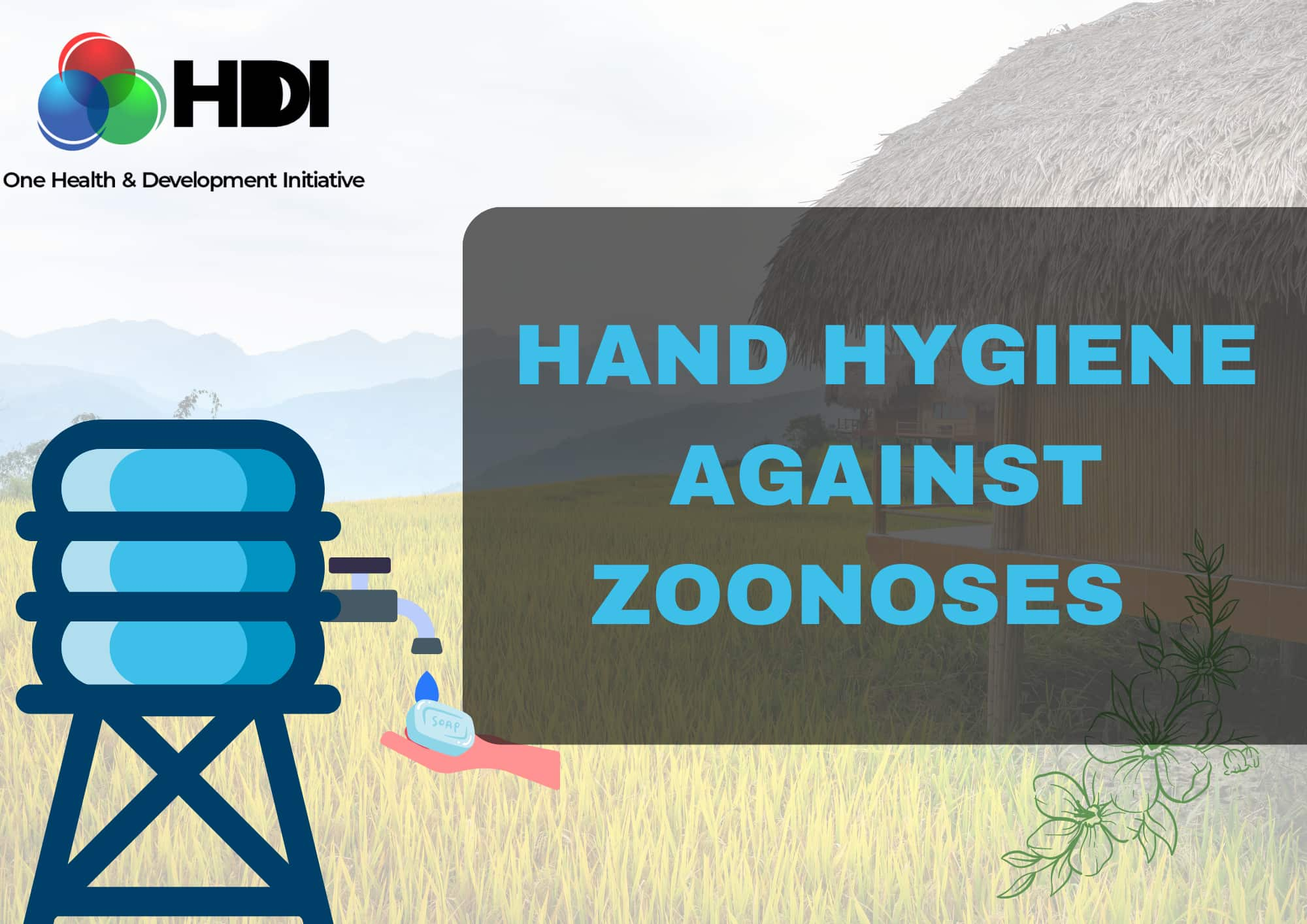
Zoonotic diseases are infectious diseases that are transmitted from animals to humans. These diseases mainly occur due to human-animal interaction and can have serious consequences for public health, and also have significant economic impacts. Handwashing has been proven as a simple and effective way to prevent, respond to, and control zoonotic diseases. Learn more below on how it could be or has been significant to managing zoonotic diseases, for improved health and economic outcomes.
Handwashing can help prevent zoonotic diseases like in the case of Lassa fever. Lassa fever is a viral disease that is transmitted to humans through contact with food or household items contaminated with urine or feces of infected rodents, particularly the Mastomys rat. Good hygiene practices like regular handwashing with soap and water can be effective to prevent the spread of Lassa fever. By regular hand washing, individuals can reduce the likelihood of ingesting foods contaminated by the virus and can equally help prevent the spread of the disease.
In the case of the Ebola virus disease outbreak in Nigeria and some other West African countries in 2014, handwashing was a critical part of the response effort. Ebola virus disease is a viral disease that is transmitted to humans through contact with infected animals and through contact with bodily fluids of infected humans. During Ebola outbreaks, health agencies usually enforce a number of measures to control the spread of the disease, including promoting good hygiene practices, such as handwashing with soap and water. By washing hands regularly, healthcare workers and members of the public can reduce the risk of contracting the virus.
Also by preventing and responding to outbreaks of zoonotic diseases, handwashing can also have significant economic benefits. One example of this is in the case of avian influenza, also known as bird flu. Avian influenza is a viral disease that is transmitted to humans through contact with infected birds, particularly domestic poultry. Nigeria experienced an outbreak of avian influenza in 2021, which affected several states in the country. One of the most effective ways to control the spread of avian influenza is through good biosecurity practices, including regular handwashing with soap and water. By practicing good biosecurity measures, farmers and other individuals involved in the poultry industry can help prevent the spread of the disease, and also have significant economic impacts on the industry.
Given the health and economic benefits of handwashing in preventing, responding to, and controlling zoonotic diseases, many people in Nigeria, like elsewhere in Africa, do not practice good hand hygiene. This can be due to a lack of access to soap and water, limited awareness of the importance of handwashing, or cultural practices that do not prioritize hand hygiene. To improve hand washing practices among the Nigerian population and Africa’s at large, public health authorities and civil society organizations are strongly encouraged to increase the promotion of public awareness campaigns and education programs on Hand Hygiene. They also need to work to improve access to soap and water in public places, such as schools, healthcare facilities, and marketplaces.
In summary, handwashing is a simple and effective way to prevent, respond to, and control zoonotic diseases. By promoting good hand hygiene practices and improving access to soap and water, public health authorities and civil society organizations can scale efforts to reduce the burden of zoonotic diseases, improve public health outcomes, and attain good economic performance.
By:
One Health and Development Initiative





